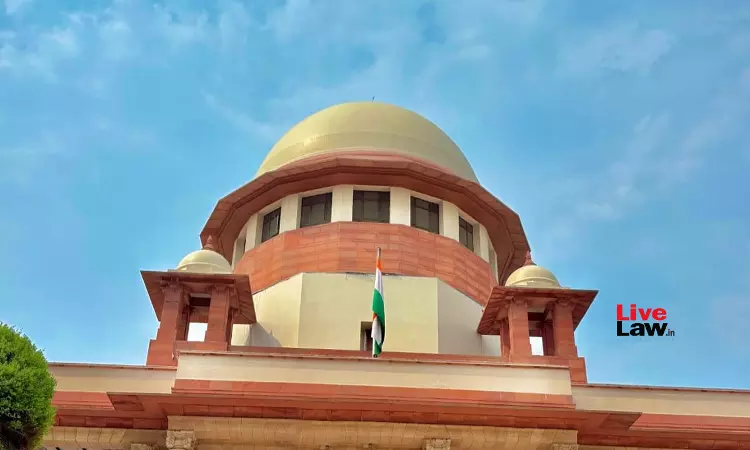Supreme Court Questions Remission Condition That Convict Must Behave "Decently"
Amisha Shrivastava
3 Sept 2024 8:33 PM IST

Next Story
3 Sept 2024 8:33 PM IST
The Supreme Court on Tuesday (September 3) expressed surprise at a condition imposed to grant remission to a convict that he should behave "decently". The Court orally said that vague conditions cannot be imposed.While reserving judgment in the case, the Court also remarked that principles of natural justice should be read into the provisions of section 432 of the CrPC.“Principles of...
